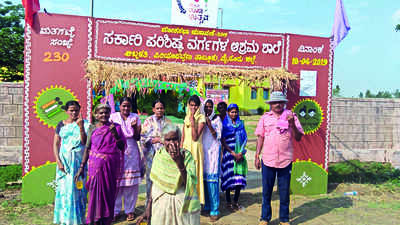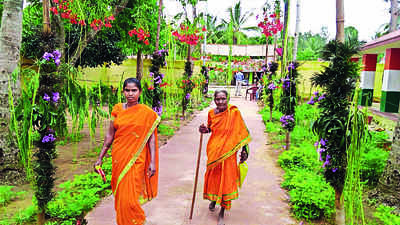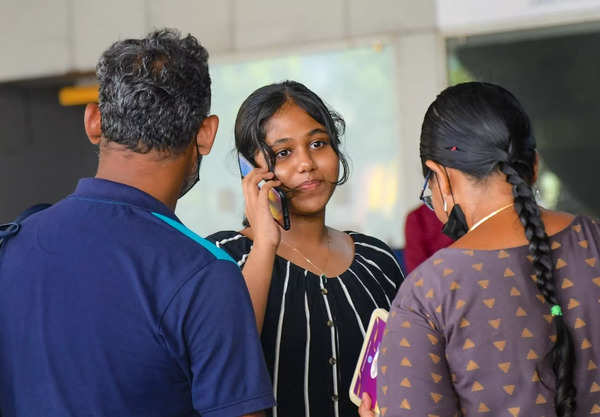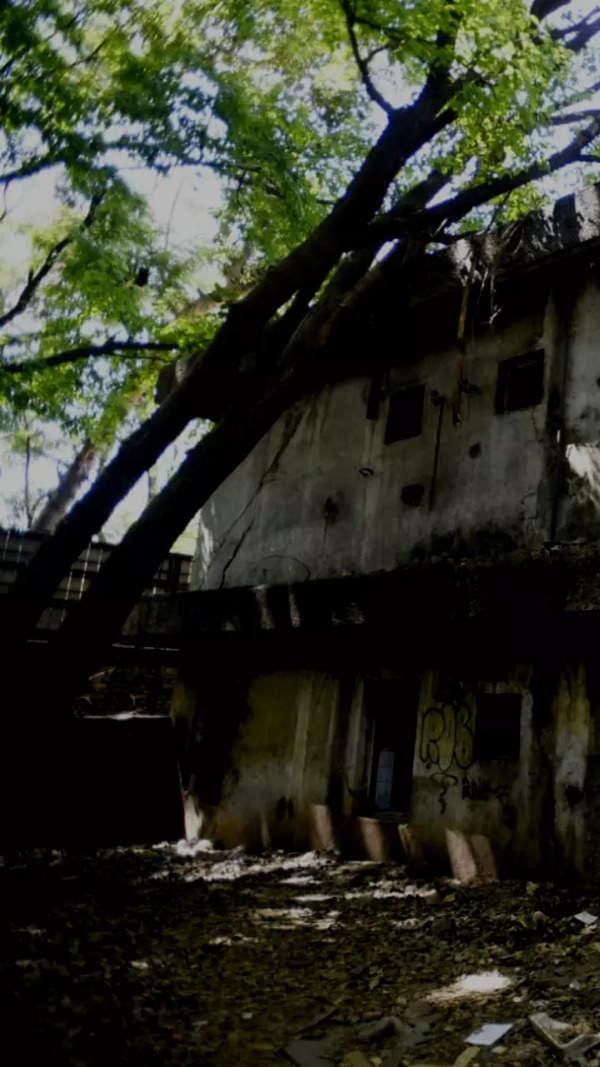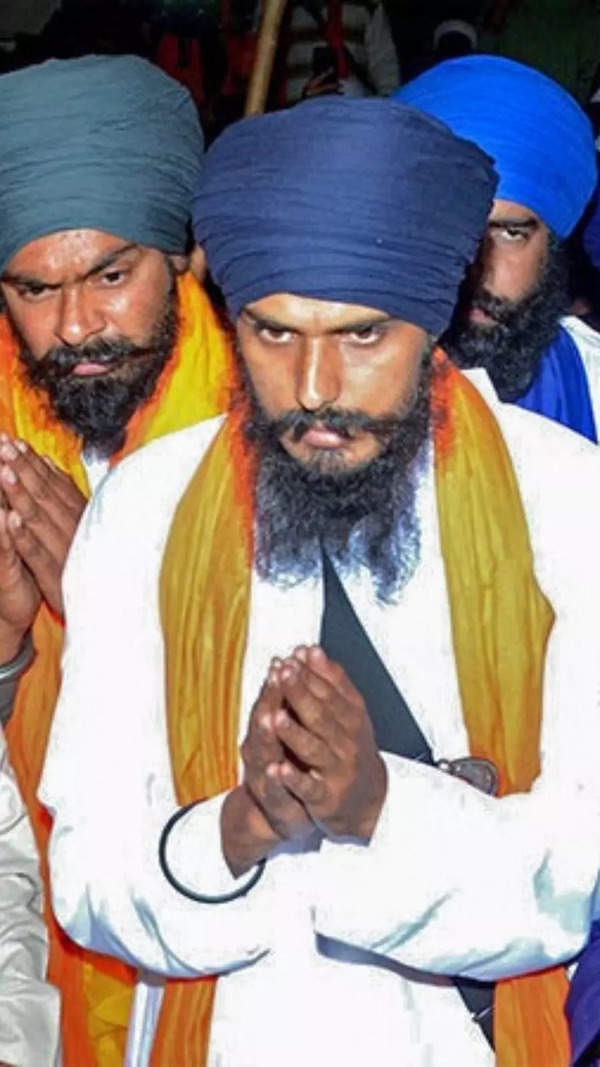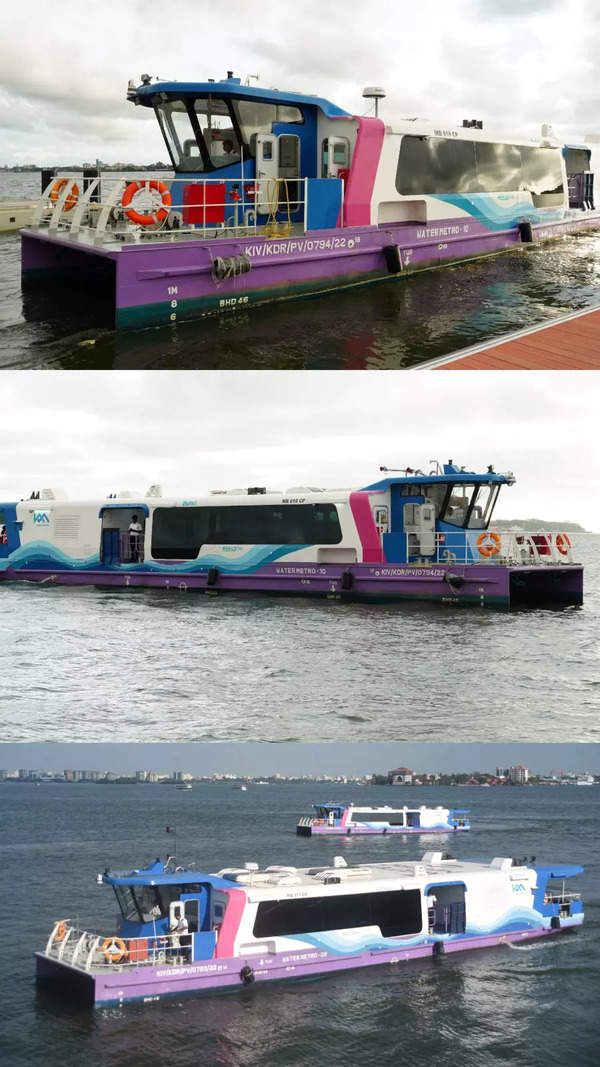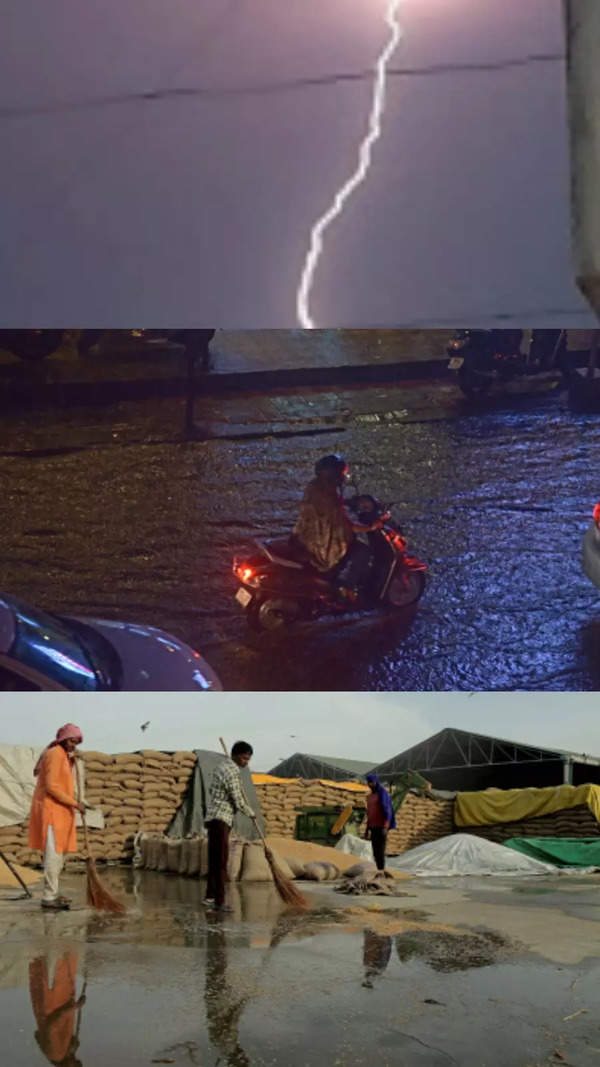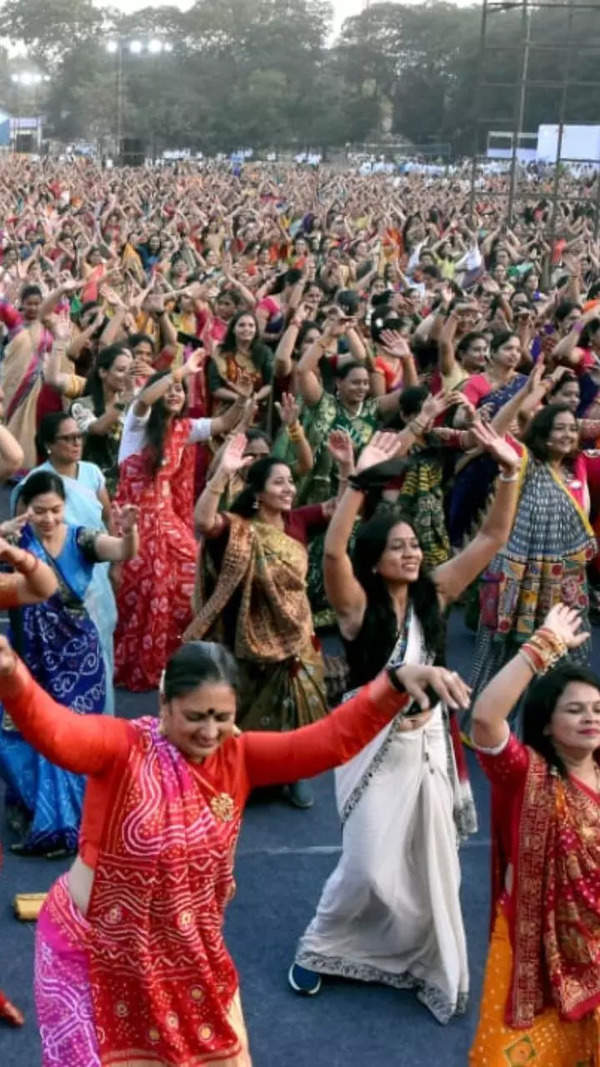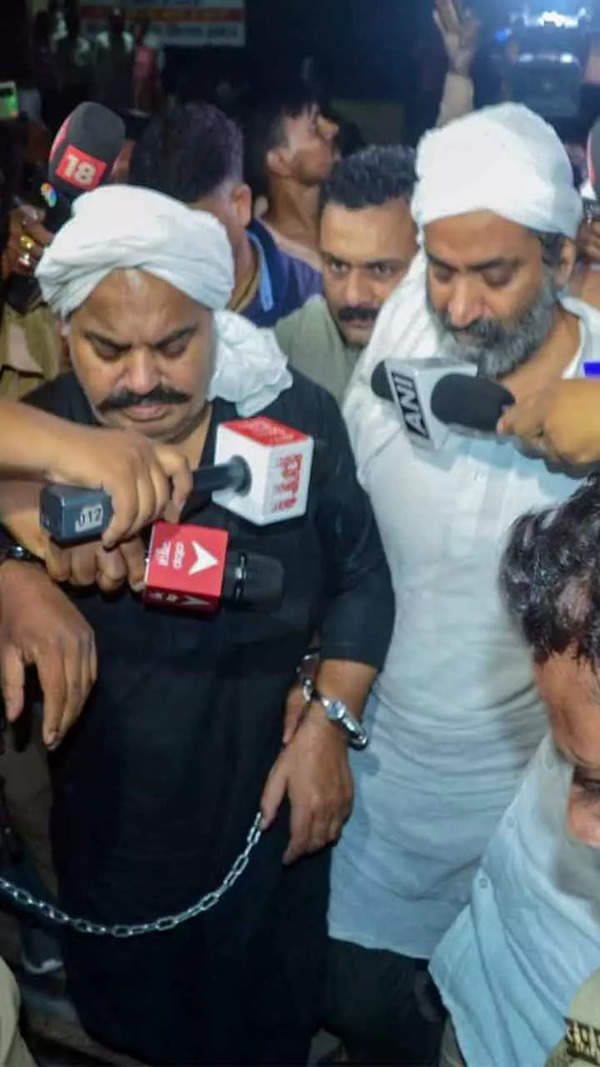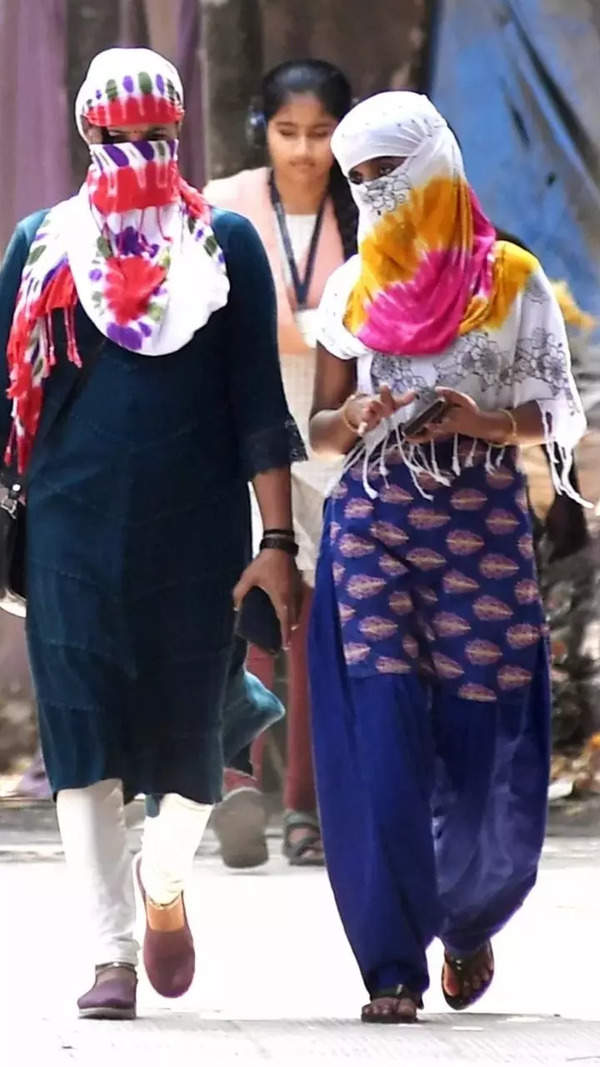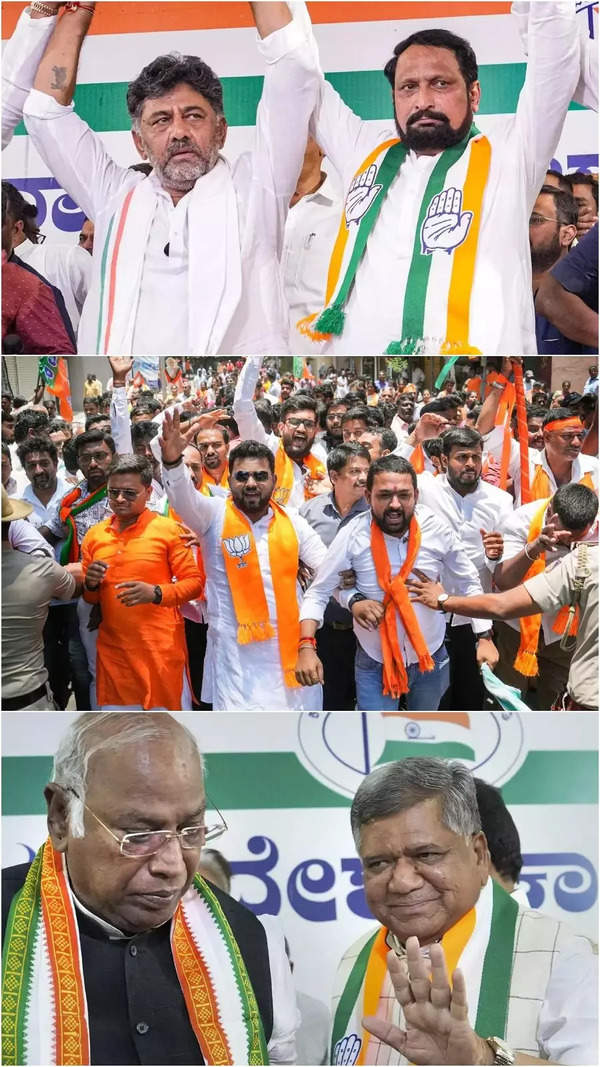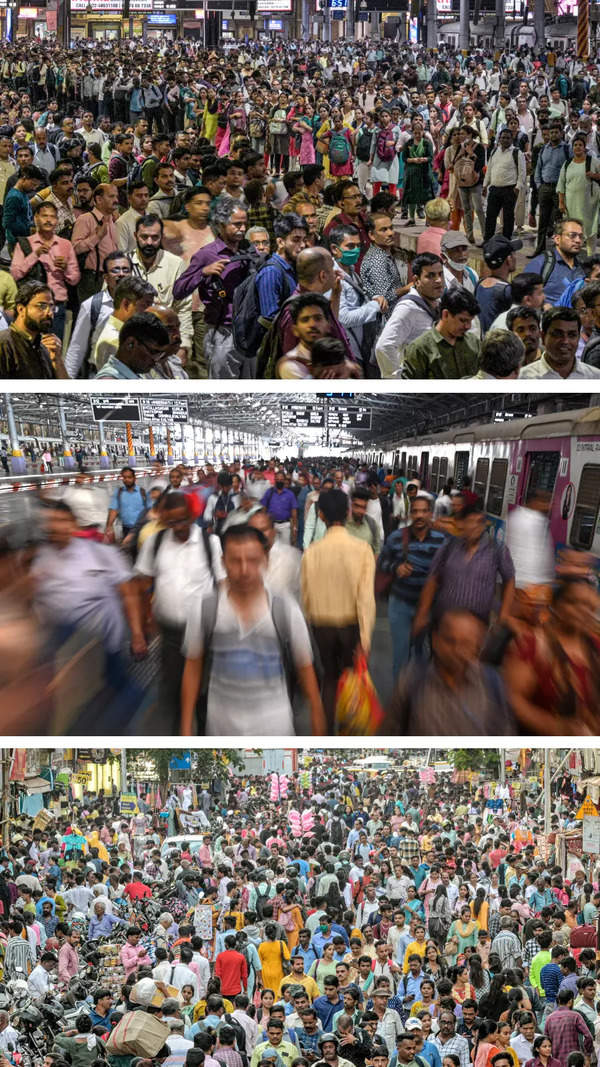- News
- City News
- mysuru News
- 9 booths will resemble tribal homes to encourage voters to exercise their right
Trending Topics
9 booths will resemble tribal homes to encourage voters to exercise their right
Mysuru: Nine booths, three each in Hunsur, Periyapatna, and HD Kote assembly constituencies, will sport an ethnic look given that they are designed to uniquely resemble the tribal culture of the land. Even a section of polling officers deployed in these polling booths are likely to wear attire tribal communities wear. The entrance of the booths will be decorated like the houses of tribals and even the voting cabin will look like a wooded area. All these arrangements have been made to encourage tribal voters to vote in large numbers in the May 10 poll.
Deputy commissioner KV Rajendra, who is district election officer, had said that nine ethnic polling booths would be set up where tribal populations are more in the district. According to authorities, 55 Saki booths (exclusively managed by women employees), 11 PWD booths (managed by people with physical disability) and 11 youth booths that are managed by young polling officers in Mysuru, besides 10 theme-based booths, including heritage, would be set up in the election.
N Muniraju, project coordinator of Integrated Tribal Development Programme, told TOI that the concept of ethnic booths was developed during previous assembly and Lok Sabha polls when only a few booths were developed as ethnic booths. This assembly election about 9 booths in three taluks - Hunsur, HD Kote, and Periyapatna, where tribal voters belonging to Jenu Kuruba and Kadu Kurubu communalities are more, have been set up.
The polling stations will be decorated uniquely, resembling the culture of tribes to attract eligible voters to take part in the election. The tribal voters too are being informed to wear traditional dresses for voting, the project coordinator said.
Shylendra Kumar, secretary of Karnataka Aranya Moola Budakattu Sanghagala Okkoota, HD Kote, claimed about 19k tribal voters are there in HD Kote and Sargur taluks. Voters in Padukote and Mastigudi have to travel a distance of more than a kilometer and a half to cast their votes as the polling stations are located far away, he claimed.
Deputy commissioner KV Rajendra, who is district election officer, had said that nine ethnic polling booths would be set up where tribal populations are more in the district. According to authorities, 55 Saki booths (exclusively managed by women employees), 11 PWD booths (managed by people with physical disability) and 11 youth booths that are managed by young polling officers in Mysuru, besides 10 theme-based booths, including heritage, would be set up in the election.
N Muniraju, project coordinator of Integrated Tribal Development Programme, told TOI that the concept of ethnic booths was developed during previous assembly and Lok Sabha polls when only a few booths were developed as ethnic booths. This assembly election about 9 booths in three taluks - Hunsur, HD Kote, and Periyapatna, where tribal voters belonging to Jenu Kuruba and Kadu Kurubu communalities are more, have been set up.
The polling stations will be decorated uniquely, resembling the culture of tribes to attract eligible voters to take part in the election. The tribal voters too are being informed to wear traditional dresses for voting, the project coordinator said.
Shylendra Kumar, secretary of Karnataka Aranya Moola Budakattu Sanghagala Okkoota, HD Kote, claimed about 19k tribal voters are there in HD Kote and Sargur taluks. Voters in Padukote and Mastigudi have to travel a distance of more than a kilometer and a half to cast their votes as the polling stations are located far away, he claimed.
Start a Conversation
FOLLOW US ON SOCIAL MEDIA
FacebookTwitterInstagramKOO APPYOUTUBE

